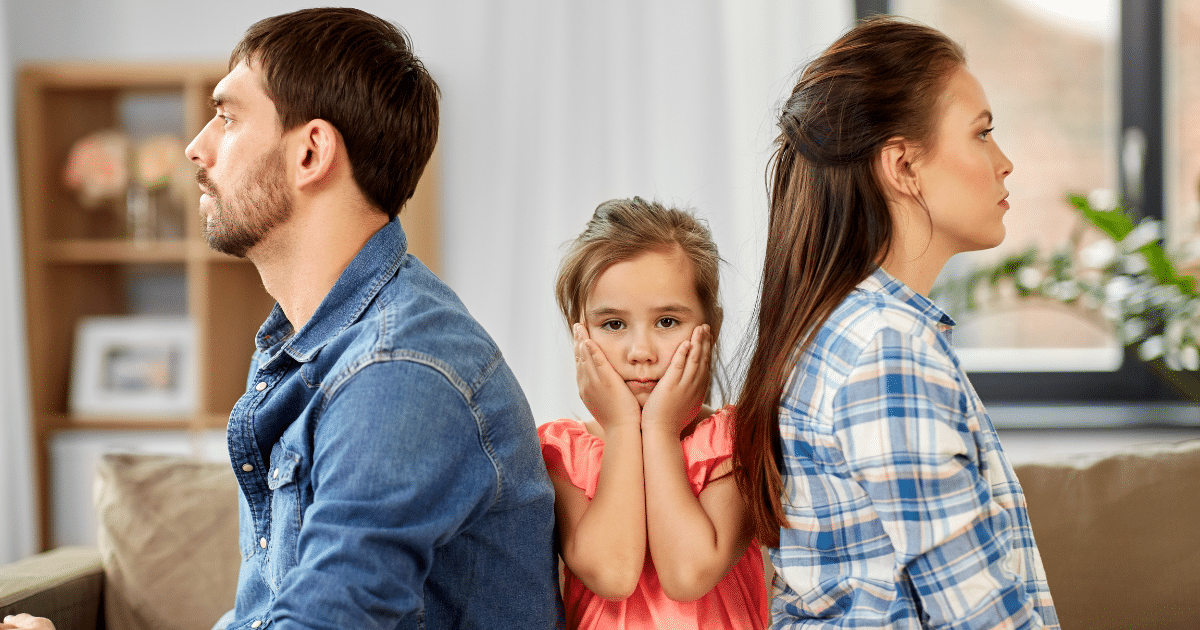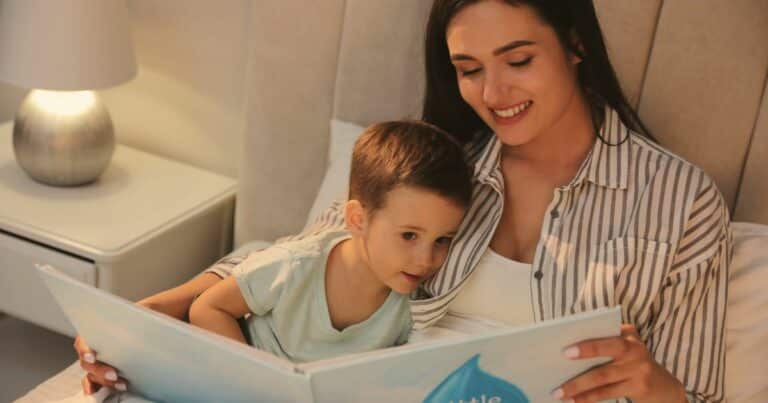
Divorce is a complex and emotional process that can be tough on children. This article discusses divorce and children, so you are fully armed to help them through this difficult time.
Children may feel confused, scared, angry, or sad about the changes happening in their lives which they think they have no control over. As a parent, it’s essential to be there for them to provide support, both now and into the future.
Here are some tips for helping your kids cope with the changes that come with divorce.
Further reading: Why every child needs a great support system.
Keep routines and structure
We all know that children thrive on routine and structure. In fact, adults do too! A good routine can provide stability and security during a time of upheaval.
For this reason, try to maintain as much of their regular routine as possible, including:
- Home routines such as meal time and bedtimes
- Other activities like playgroup, school, and extracurricular activities
- Relationships and time spent with friends and family outside the home
The simple familiarity of the above will help them feel calm even when the ground is shifting beneath them.
Further reading: Why routines help us and our children thrive.
Be honest and age-appropriate
It’s essential to be honest with your children about what’s happening and mindful of their age, understanding and emotional maturity.
Explain your separation in an age-appropriate manner. This might include referring to other separated families that are part of your lives or using books about separation to open the conversation.
Most importantly, assure your children that both their parents still love them and that the divorce is not their fault.
Oh, and be prepared to answer their questions the best way you know how.
Encourage open communication
Following on from the last point about talking to our kids, it can definitely help to encourage open communication … both ways.
Let your children know it is OK to talk about their feelings and to express their emotions, however sad, angry or confused they might feel.
Once they open up, you must be a good listener and validate their feelings, even if you disagree with them. Tell them it is OK to feel the way they do.
Keep reassuring them that they are not alone and that you are there to support them and listen to them.
Seek professional help if needed
Divorce can be a traumatic experience for children. Don’t miss the red flags that your child is not coping with your separation and may need professional support.
Such red flags include but are not limited to your child:
- Struggling with emotions
- Behaviour changes at home, child care, or school
- Withdrawing from the world around them
- Changes in sleep patterns
- Lack of appetite
If you notice any of the above or feel something is off, it might mean reaching outside the home for assistance.
A therapist or counsellor could be the perfect person who is not mum, dad, or another family member invested in the separation. They can provide support and guidance for your child and help them develop coping skills for the future.
Try to co-parent
It is not always possible, but try working with your ex-partner to co-parent effectively. This means communicating clearly and respectfully and putting your children’s needs first.
Co-parenting is complicated and involves many compromises, but it can ultimately provide your children a more stable and positive environment.
Create a parenting plan or consent orders, so both parents (and the kids) know where they stand on everything from the day-to-day logistics to special occasions such as birthdays, Christmas, and school holidays.
Avoid negative talk about your ex-partner
Whether co-parenting, parallel parenting or solo parenting, it can be tempting to bad-mouth your ex-partner in front of your children.
This is a huge no-no.
It is harmful and confusing for children to hear a parent being bad-mouthed by anyone, especially the other parent. Remember, whatever happened in the past, that person is still their parent and a part of them, so by putting them down, your child may feel as though you are putting them down too. They may also have been placed in the middle of your conflict, which is a very uncomfortable position for a child of divorce.
Think before you speak to avoid negative talk or criticism of your ex-partner, and instead, focus on positive aspects of your relationship with your children.
Help your children stay connected to their other parent
Not only is it good not to put down the other parent, but you should go further and encourage your children to maintain a healthy relationship with their other parent, even if you are no longer together.
Your children will thank you for this more than you know right now!
Ways to be supportive of the connection with the other parent include:
- Working with the other parent to make sure they can spend quality time with each of you
- Being supportive of their time with the other parent
- Let your child talk about their time spent with the other parent
- Allow them to have photos and reminders of the other parent in their bedroom (possibly around the home)
- Keep communication open with the other parent even when your child is with you, allowing phone time etc
Only some of the above are possible, especially in high-conflict relationships or those with safety issues. However, if you try, it will help your child feel more secure and provide them with positive childhood memories.
Provide consistency and predictability
We’ve talked about keeping routines in place as much as possible. Also, try to provide as much consistency and predictability as possible in their worlds, as this can help your children feel secure and stable during a time of change. It can also help to ease the discomfort of possible childhood anxiety.
This can include:
- Consistent rules and consequences,
- Predictable schedules and routines
According to Lakeside, children thrive on predictability. They say:
Predictability reduces stress because familiar patterns are calming to a child. Patterns do not require the child to wonder what is going to happen next or then to feel some level of anxiety in preparation for something unexpected to occur to or around him or her.
When you are considering divorce and children, there is never a time when kids need predictability and consistency in their lives more than now.
Create new traditions, routines, and experiences
While it’s essential to maintain some of the old routines and traditions, it’s also vital to create new ones that reflect your new single parent family dynamic. Things like:
- An annual family holiday or trip
- New activities, like a new skate park visit each week
- A movie night
- A different morning or bedtime routine
- Showing your child how much you love them
Be sure to make them fun for both you and your child. Not everything about a family separation is bad!
Creating new routines can help your children adjust and create new positive memories.
Take care of yourself
Bottom of our list but one of the most important things to remember when dealing with divorce and children is to take care of yourself.
This means both your physical and emotional health. It can be as simple as one or two self-care actions every day. They need not take long but will have a substantial positive impact.
If you feel you cannot cope, please seek support. Book an appointment with your GP, call a local helpline or connect with a group supporting single mothers.
You may not realise it, but by modelling healthy coping strategies and self-care, you set a positive example for your children.
Further reading: 107 Self-care ideas that cost you nothing.
Conclusion: Divorce and children
Divorce and separation is a challenging experience for everyone involved, especially for children.
However, with the right tools and understanding, you can parent through separation so your children navigate the changes and emerge stronger on the other side with resilience and strength.
Remember, every child copes with divorce differently and needs different forms of support. As a parent of a child of divorce, it is key to recognise that the impact of divorce on children may be felt for many years to come. With you as their guide, they will be just fine!













